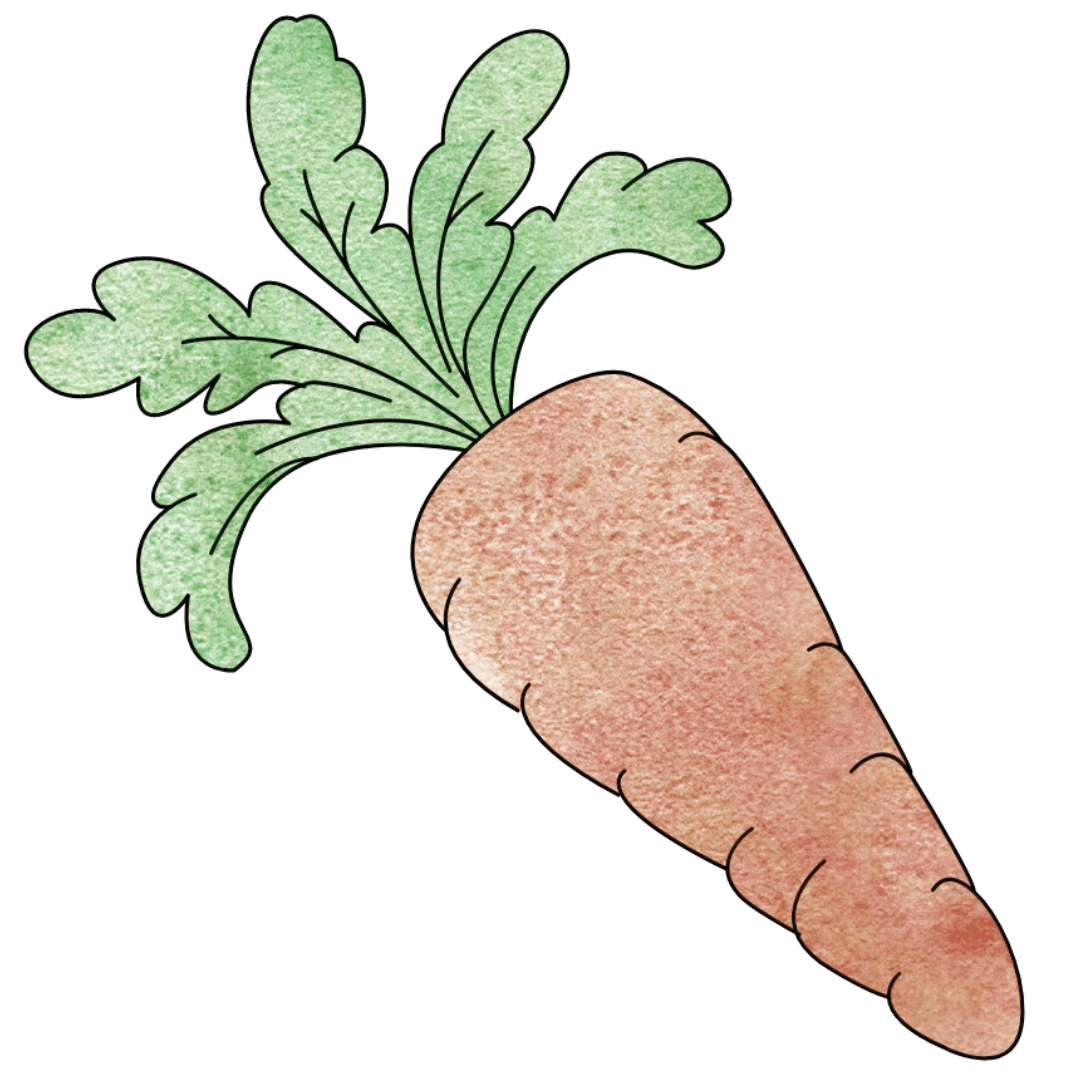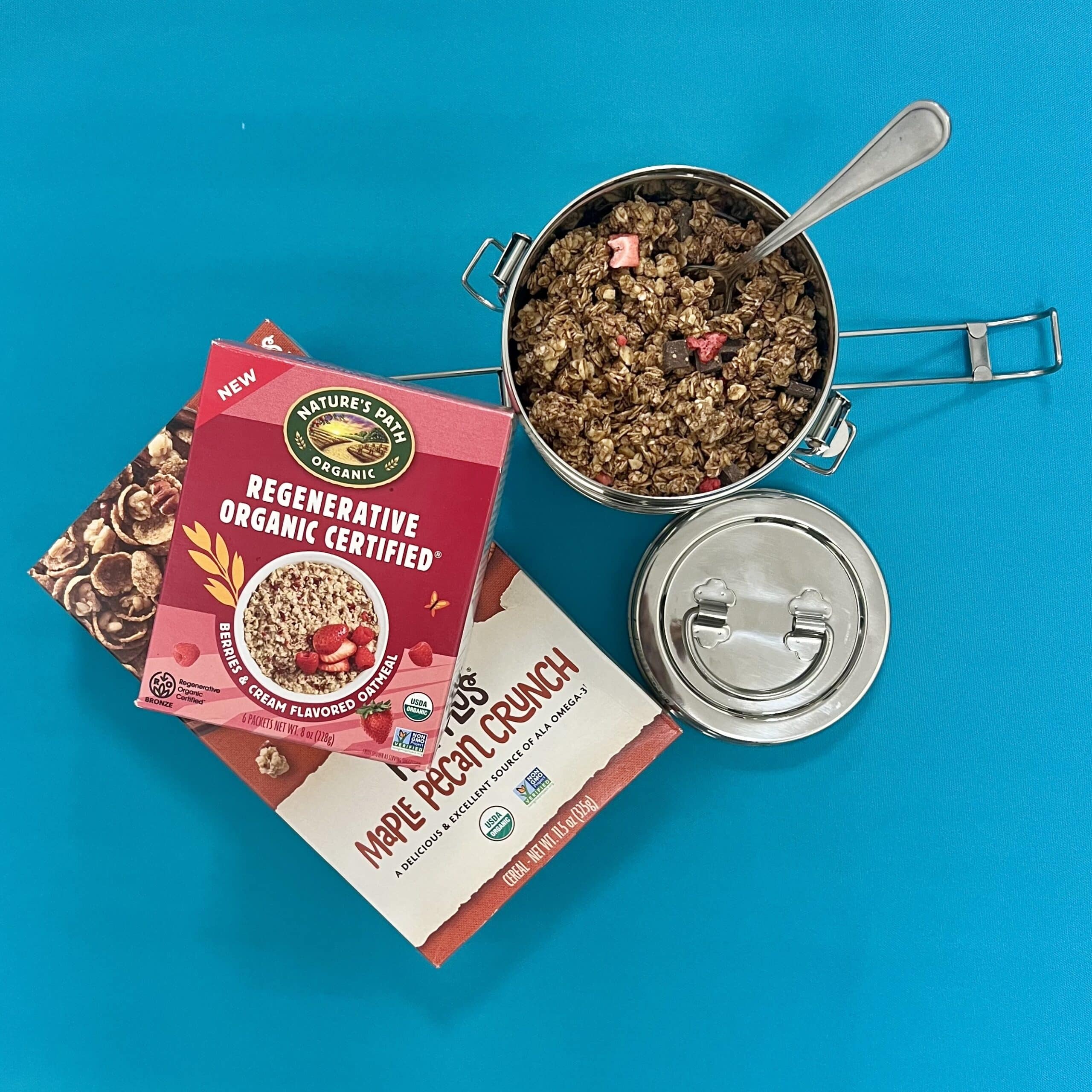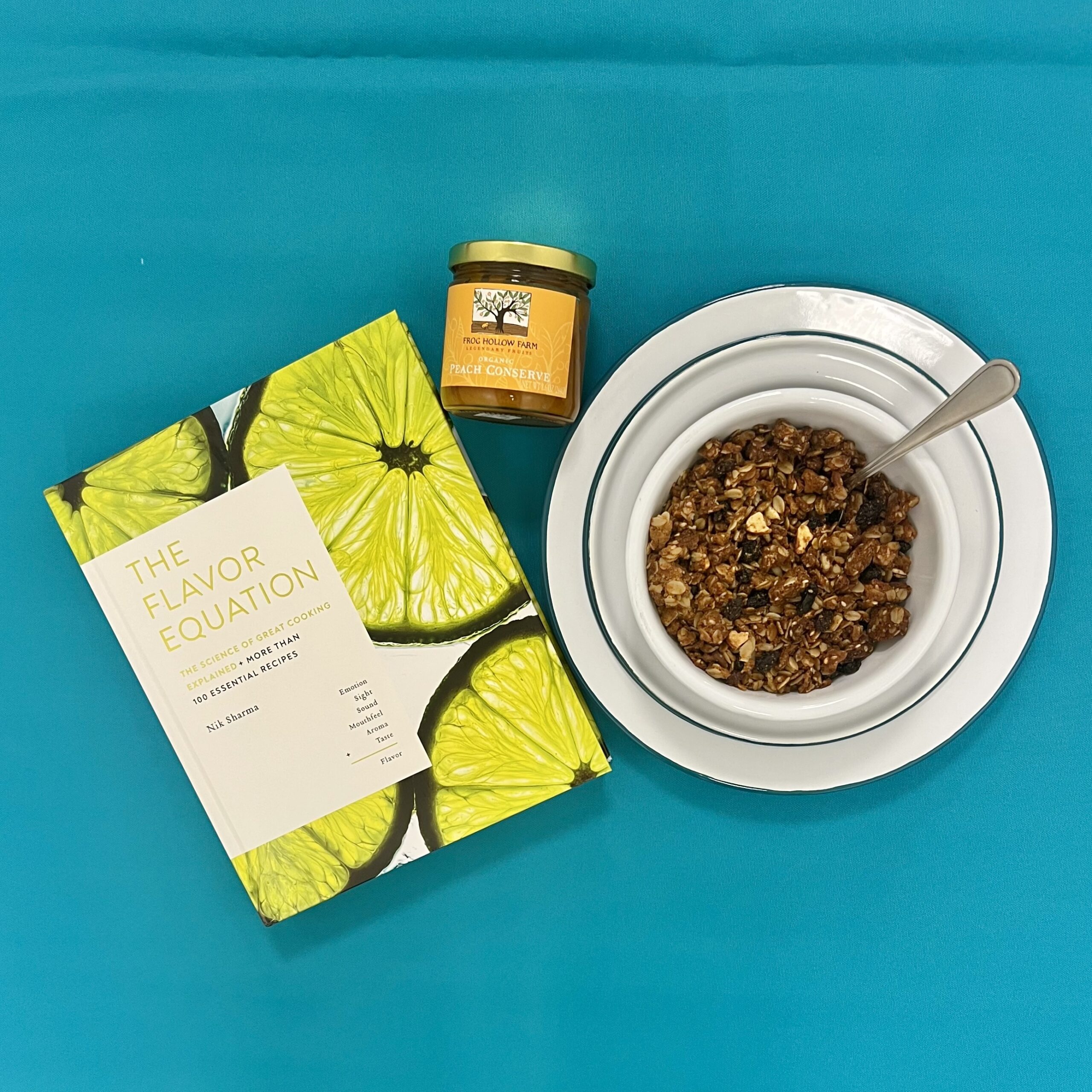
The global food system is at a turning point. Climate change is drying rivers, drowning crops, and disrupting harvests across vital growing regions, while war, displacement, and inequality drive hunger to record highs.
❝
If we recognize that food is the foundation of our culture and our relationship with the earth, we understand that sustainable agriculture is not just an option but a necessity.“

In 2024, 673 million people, about 8.2% of the world’s population, lacked reliable access to enough food, with the harshest impacts in Africa and western Asia. More than 295 million people across 53 countries face acute food insecurity, urgently needing humanitarian aid to survive. In places like Sudan and Gaza, famine has left nearly every person in crisis-level hunger. In many communities of color and low-income neighborhoods, food apartheid blocks access to fresh, healthy, affordable food while concentrating wealth and power elsewhere. As demand surges in the United States, cuts to food assistance programs are leaving millions with even less access to support.
These numbers are not the end of the story, they are a call to action.
At the core of this global crisis is an industrial agriculture model that prioritizes profit over health, justice, and sustainability. It pollutes water, depletes soil, erodes biodiversity, and produces nearly one-third of human-caused greenhouse gas emissions.
A better future is possible. Sustainable and organic farming rebuilds healthy soil, protects biodiversity, avoids toxic chemicals, and supports animal welfare. The Organic Center delivers research showing how organic food improves nutrition, protects ecosystems, and safeguards our food future. Conscious Kitchen partners with schools, farmers, and communities to transform meals, replacing processed foods with fresh, local, organic, seasonal, nutritious (FLOSN) meals that nourish students and support climate resilience. The Environmental Working Group (EWG) equips consumers with trusted data and tools. empowering them to choose food that protects health, farmworkers, and the planet.
Imagine a food system that is just, resilient, and rooted in communities, one that returns land, resources, and decision-making power where they belong. A system that nourishes people, protects the planet, and ensures abundance for generations to come. From gardens in backyards and schools to policies that prioritize equity, to urban farms and grassroots movements advancing food justice, every effort contributes to a future where hunger is eliminated and both people and planet thrive.
RESOURCES
CHALLENGE
Eating with the seasons means enjoying food at its freshest, most flavorful, and most nutritious, often at lower cost. Farmers’ markets make this possible by offering produce that is fresh, local, organic, seasonal, and nutritious (FLOSN), while building community connections.
Food insecurity affects millions, including students, limiting access to healthy, sustainable meals. Integrating FLOSN principles into food programs can advance equity, health, and environmental benefits.
Cooking with FLOSN ingredients makes meals more flavorful, affordable, and climate-friendly. Choosing local and seasonal foods often reduces costs, supports farmers, and helps build a healthier planet.

Each Greener Winner will receive:

Each Greenest Winner will receive: